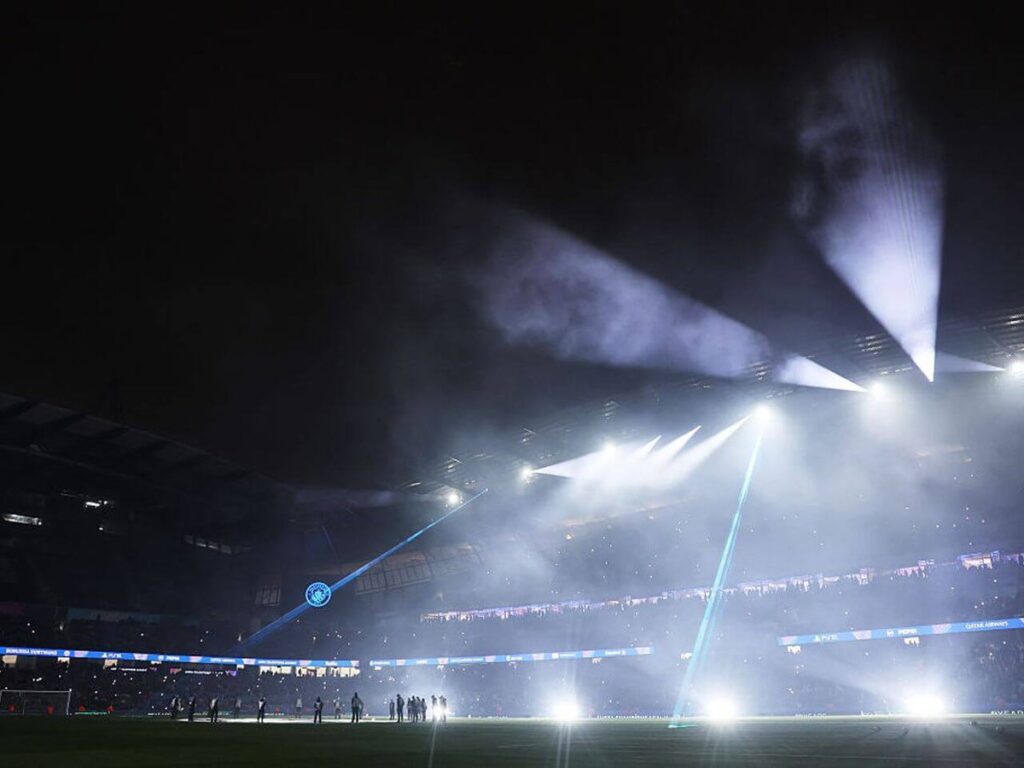Two midweek football matches in England highlighted how selective public outrage can be when it comes to war and geopolitics. While one match involving Maccabi Tel Aviv sparked loud protests over Israel’s military actions in Gaza, another – Manchester City versus Borussia Dortmund – passed quietly, despite serious allegations surrounding City’s ownership.
Manchester City’s owner, Sheikh Mansour bin Zayed Al Nahyan, is also the vice president of the United Arab Emirates (UAE). The UAE has been accused by the United Nations and the U.S. State Department of supporting forces in Sudan responsible for ethnic massacres, mass rapes, and famine conditions described as genocidal. Reports suggest that satellite images have shown evidence of widespread killings, with thousands of civilians dead and millions displaced.
While the UAE denies arming any side, intercepted communications allegedly link Emirati leaders – including Sheikh Mansour – to Sudanese militia figures. These are not abstract corporate connections; they are direct relationships between football’s most successful ownership group and a regime accused of war crimes.
Yet, in Manchester, no protests were seen. Supporters waved flags, celebrated goals, and thanked Sheikh Mansour for his “generosity,” seemingly unaware of or indifferent to the bloodshed tied to their club’s benefactors. The silence contrasts sharply with the widespread condemnation of Israel in sporting contexts, raising questions about consistency and selective activism.
Experts point to the effectiveness of “sportswashing” – the strategic use of sport to soften a nation’s global image. Through heavy investment in football, tourism, and entertainment, the UAE has successfully cultivated a positive international reputation that overshadows its political controversies.
Critics argue that governments or their representatives should never own community-based football clubs, given the moral implications. The current ownership model allows regimes accused of human rights abuses to gain legitimacy and influence through sport.
Ultimately, the lack of scrutiny over Manchester City’s ownership reflects a broader moral blind spot — one where outrage depends less on universal principles and more on convenience, ignorance, or selective empathy.

